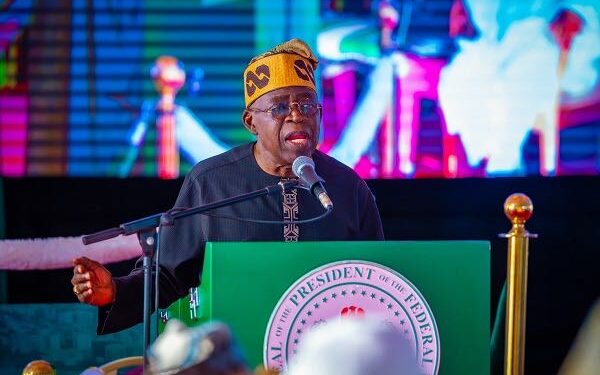In the first three months of 2024, reports indicate that over 30 state governments in Nigeria collectively expended a staggering sum of N986.64 billion on various recurrent expenditures, encompassing refreshments, sitting allowances, traveling, utilities, and more. This significant financial outlay came under scrutiny as concerns over prudent fiscal management intensified amid the country’s economic challenges.
Data from Open Nigerian States, a platform supported by BudgIT, revealed the breakdown of these expenditures across different states. Notably, Benue, Imo, Niger, Rivers, Sokoto, and Yobe States were among those without available data for the first quarter of 2024.
Analysis of the available data showcased a considerable portion of these funds allocated to refreshments for guests, sitting allowances for officials, travel expenses, and utility bills, totaling N50.02 billion. These utilities encompassed essential services such as electricity, internet, telephone charges, and water rates.
Additionally, the states disbursed N405.77 billion in salaries to their workers during this period, highlighting the substantial financial commitments tied to personnel costs.
The breakdown further highlighted individual state expenditures, with examples such as Abia State spending N10.92 billion, Adamawa State N23.7 billion, and Lagos State N189.62 billion on recurrent expenses, covering various categories like refreshments, utilities, sitting allowances, and travel.
Financial experts and economists raised concerns over the sustainability of such expenditure patterns, urging states to explore avenues for revenue generation and enhance service delivery to justify these expenses. They emphasized the need for states to identify their strengths and attract investments, thereby stimulating economic growth and development.
Furthermore, the role of oversight bodies, particularly state assemblies, came under scrutiny, with calls for enhanced transparency and accountability in governance to ensure prudent financial management and effective utilization of resources for the benefit of citizens.
As Nigeria grapples with economic challenges, addressing the issue of high governance expenses at the state level becomes imperative for sustainable development and improved living standards for the populace.
























